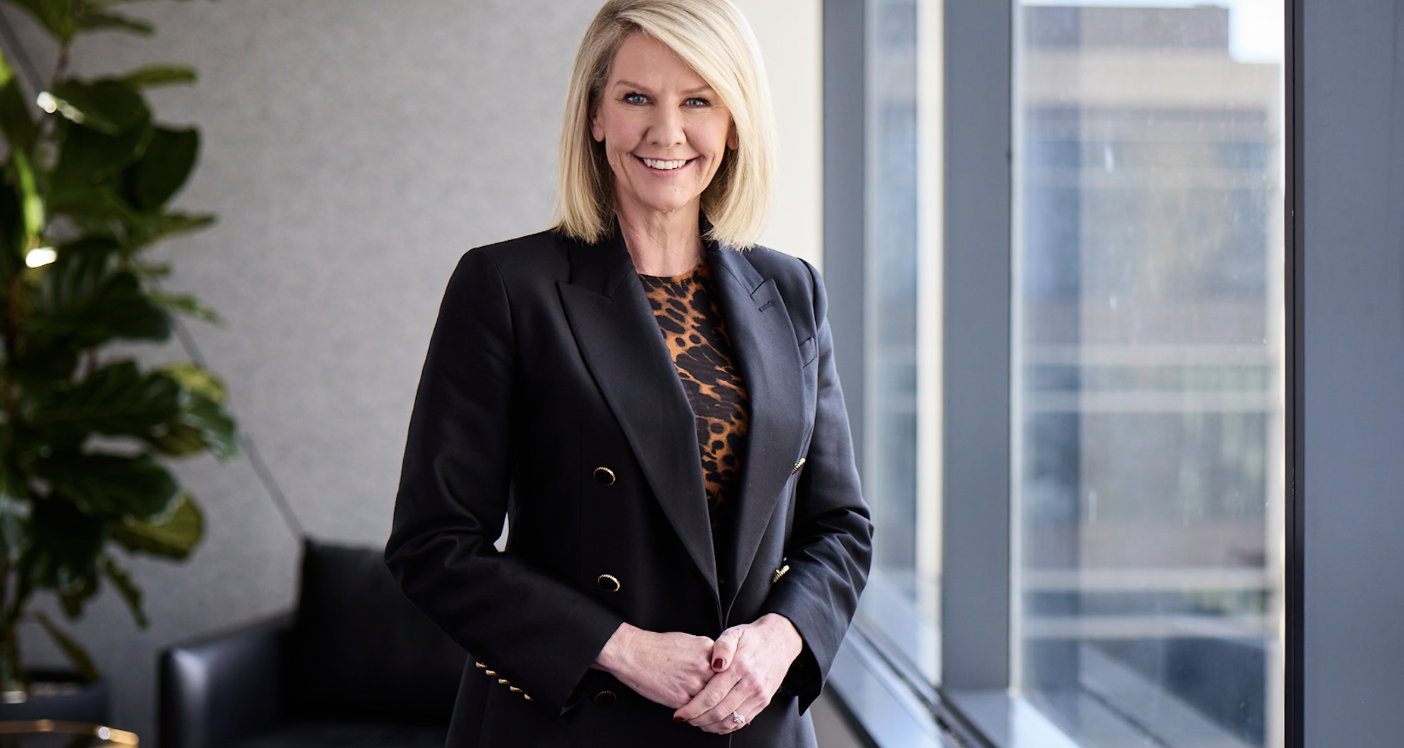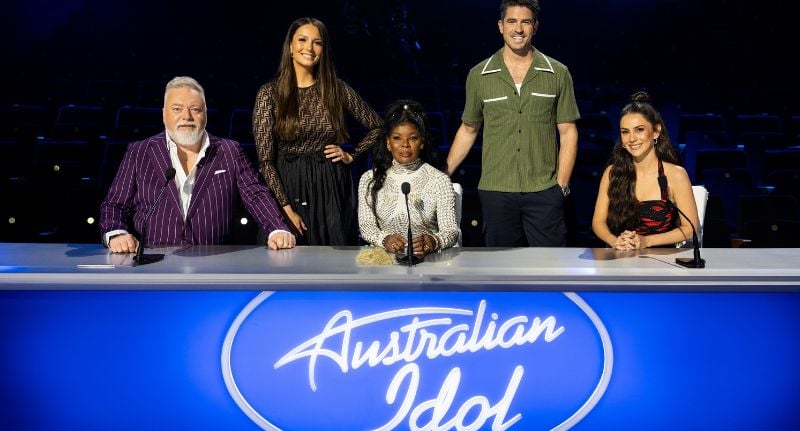Australian Idol has wrapped its 2025 run with a record-breaking season, cementing the show as one of Seven’s standout entertainment properties.
With 1.85 million Australians tuning in across Seven and 7plus for Monday night’s grand final showdown, the broadcast delivered Idol’s biggest-ever audience on the network and signalled a major moment in the evolution of the heritage format.
The finale episode, which crowned Marshall Hamburger as this year’s winner, pulled an average national total TV audience of 1.07 million, up 13% on last year’s finale.
Part one of the Grand Finale the night before also averaged 1.07 million viewers and reached 2.22 million nationally. Across the full season, Australian Idol reached a total of 11.14 million people, with every episode delivering year-on-year growth.
The season’s average audience hit 925,000, a 14% increase on 2024, while 7plus streaming surged 42%.

Gisella Colletti, Iilysh Retallick and Marshall Hamburger
A format that plays like live sport
Seven’s director of content, unscripted, Majella Hay, told Mediaweek she attributes the show’s success to its live format and the team’s deep understanding of audience behaviour.
“We always said that with a brand like Idol, we wanted year-on-year growth, and to achieve double-digit growth is incredible,” Hay said. “In 2023, we only had one episode that cracked 800k. This season, we had seven episodes over a million. That’s bloody brilliant for all of us, especially in the toughest slot on free-to-air.”
Hay believes Idol’s live component is a win for both audiences and agencies, as it offers a rare opportunity in modern reality formats.
“It’s one of the only free-to-air shows that still has that live week-on-week element. It lets the audience feel ownership, they choose who stays and who wins. There are parallels with sport because you support your contestant like you’d support a sports team. Even if they stumble, you stay with them,” she said.
Creative flexibility meets commercial agility
This season’s format tweaks gave the show freshness without compromising familiarity. “It’s about shaking it up just enough that it feels new, but not so much that people don’t recognise what they love,” Hay said.
One key innovation was the refined ‘Golden Ticket’ process.
“We did Golden Tickets and capped them at 30,” Hay explained. “That was a world first that had never been done anywhere on Idol around the world. In fact, in many other territories put 150 or 250 through to that next stage.”
Hay highlighted the strategic thinking behind this, acknowledging the differences in scale compared to other territories. “Sometimes, in some of the bigger formats, like in some of the bigger territories, like the UK and the US, because they cover such a vast expanse of people, if you told them you only had 30 tickets, that would be really difficult for them.”
The judges’ dynamic also contributed significantly to the season’s success, with Hay crediting Marcia Hines, Amy Shark, and Kyle Sandilands for “really hitting their stride” this year.
“We could say to Marcia that if she’s on a regional road trip and someone blows her away, she can ‘go rogue’ if she likes,” Hay said, comparing the situation to dealing with kids: “You give them the boundaries, and you let them push it a little bit, you know, because you know what’s going to come out of it is fantastic”.

Seven’s director of content, unscripted, Majella Hay
Looking to the future
Despite the strong performance, Hay remains grounded and focused on continued success. “I’m not going to interrupt anything that’s not broken or change anything for a specific reason. We know that 7Plus is important, linear is important, and live streaming is important. But I don’t want to start over-analysing these numbers so much that I lose sight of what we do well because that is also what you can kind of do,” she said.
She added that “knowing when to pull back is as important as knowing when to lean forward. So, I’m not proposing any changes at the moment that are based explicitly on a platform or specifically based on our outcome. I want to make another bloody great series that again delivers year-on-year growth.”
